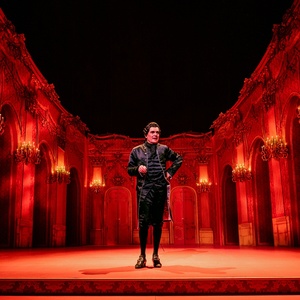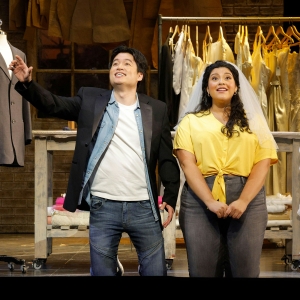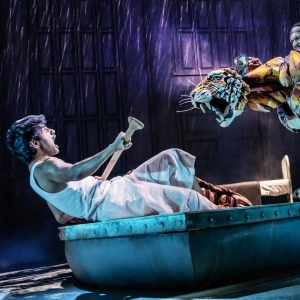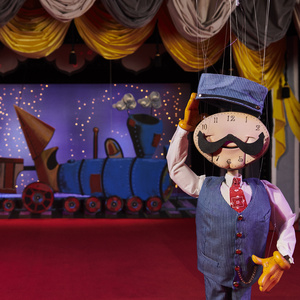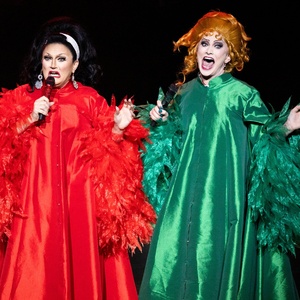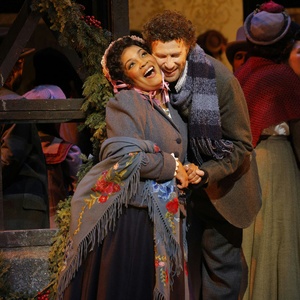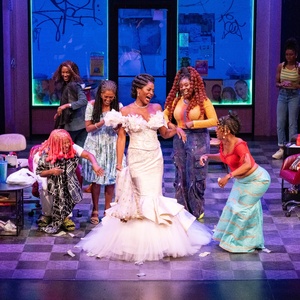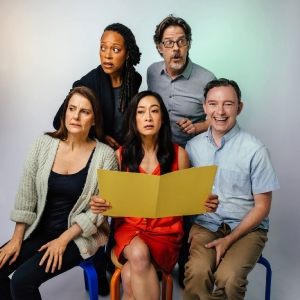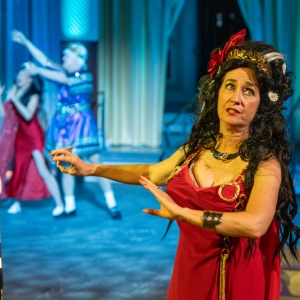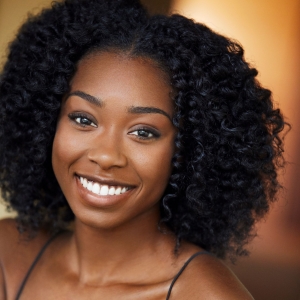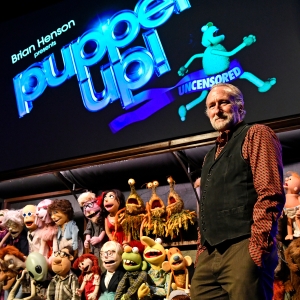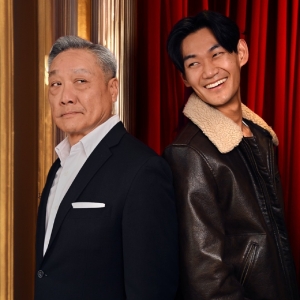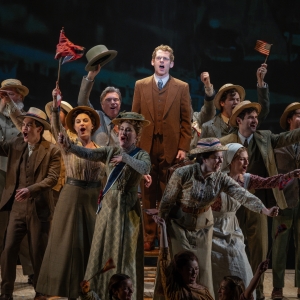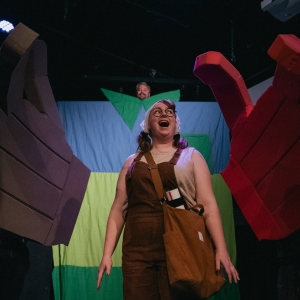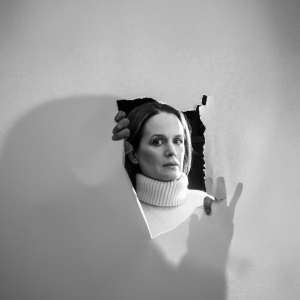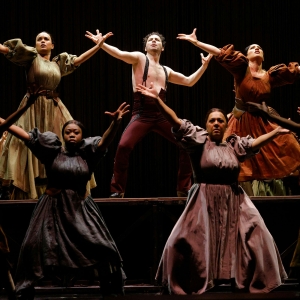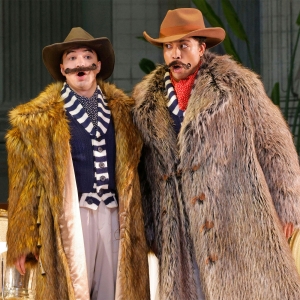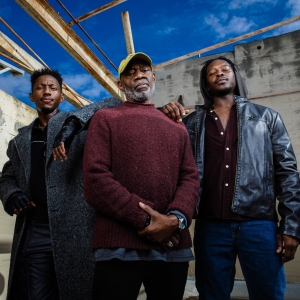
Andrew is a multimedia artist who has worked regularly as a director, animator, performer, and designer. His writing focuses on the complete arts ecosystem. He has been a guest artist at Emerson College, New England Conservatory, New York University, Clark University, Massassoit Community College, and more, and has been quoted in the New York Times, Chicago Tribune, LA Times, Boston Globe, and others. You can hear him on the Broadway Podcast Network interviewing acclaimed artists, scholars, and historians for 50 Key Stage Musicals: The Podcast, or you can read his chapter on The Merry Widow in Routledge Press' 50 Key Stage Musicals.
LEARN MORE ABOUT Andrew Child
First Show:
The first show I saw was a production of 'Annie' at my local high school.Favorite Show:
My favorite shows (in no particular order) I've ever seen are: Sammi Cannold's original production of 'Endlings' by Celine Song (A.R.T.), Zack Winokur's premiere of Davóne Tines' and Michael Schachter's 'The Black Clown' (ironically from the same season at the A.R.T.), Lee Sunday Evans' original restaging of 'Dance Nation' by Clare Barron (Steppenwolf), Suse Wächter's 'Brecht's Gespenster' (Berliner Ensemble), Joel Grey's 'Fiddler on the Roof' (National Yiddish Theatre Folksbiene), Faye Driscoll's 'Thank You for Coming: Space' (REDCAT), Michael Arden's revival of 'Once on this Island' (Circle in the Square), and Summer Williams' production of 'Wolf Play' by Hansol Jung (Company One).Favorite Stories:
- Review: WOLF PLAY at Company One Theatre - Writing this article was such a treat because I was genuinely energized and thrilled when I left Boston Public Library after this production. I love puppetry, and seeing the art form elevated to such an emotional state was riveting.
- Making Space for Gender-Queer Voices (and Making Sure to Pay Them Too) - Though I engaged in the interviews in this series years ago, there is still so much I reflect on from my conversations. Theatre still needs to be making space for gender-expansive voices and the charge must be led by a varied cohort of gender-expansive artists and administrators. This article scratches the surface, not only of what the problems are, but what the future could hold.
- Review: A HIT DOG WILL HOLLER at Skylight Theatre Company & Playwrights' Arena - I had only been living in LA for two months when I got to review this show and had already started to form a rather bleak judgement on the state of theatre in the city (we were all rebuilding after the lockdown still). I was happily surprised by this world-class premiere by a world-class author in a tiny black box behind a book shop. I still point to this production when people drone on about how LA is "not a theatre city"!
- Feature: HOORAY LA at Bob Baker Marionette Theater - I've loved every moment I've gotten to spend within the red velvet-decked halls of the Bob Baker Marionette Theatre. The shows are delightful and rife with unparalleled artistry. It was wonderful getting to chat with head puppeteer Alex Evans about this stunning tribute to LA.
- Review: KATE at Pasadena Playhouse - Sometimes it's difficult writing about an artist of whom you are a fan. Though a major Kate Berlant stan, this show was easy to review. It was thought-provoking, risky, strange, and theatrically-rich, all while packing laughter from beginning to end.
Videos


